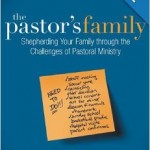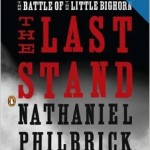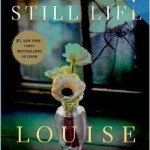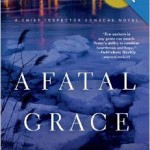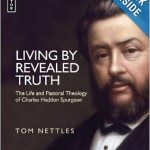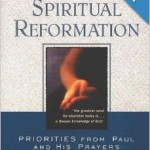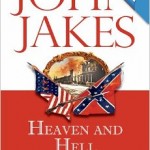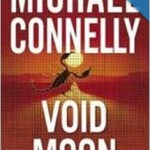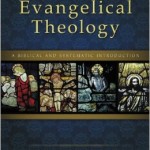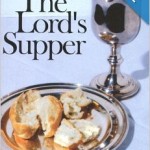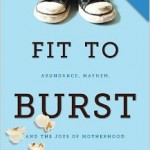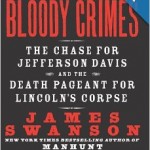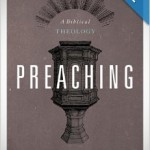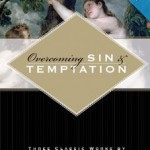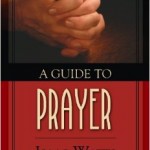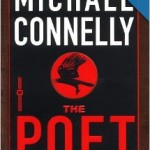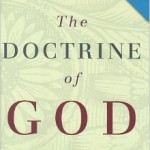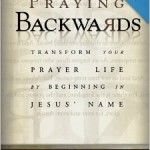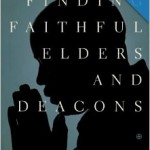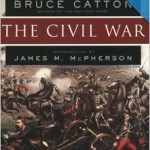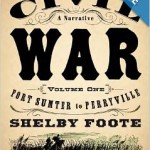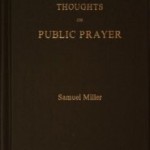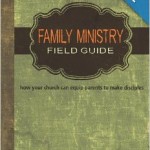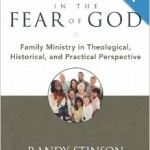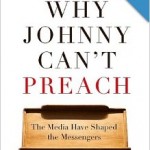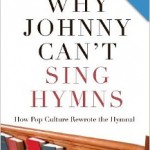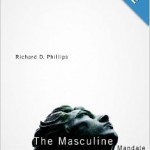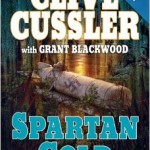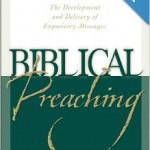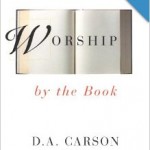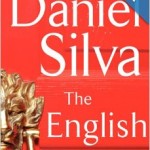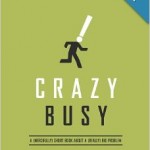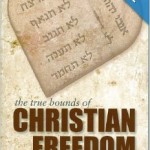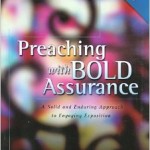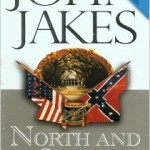I love to read. By God’s grace I am a pretty fast reader; I usually read a couple books each week. I find it helpful to summarize my thoughts on each book and I offer those thoughts in the hope that you will be encouraged to either read or pass over the given title.
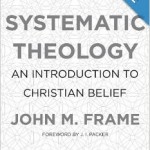 Systematic Theology: An Introduction to Christian Belief by John Frame. I am not sure if it would be appropriate to call this Frame’s magnum opus, but it is undoubtedly a fitting capstone to his decades of teaching. Everything you would expect from Frame is in this volume: emphasis on God’s lordship, extended sections on epistemology, a warm tone, and, oh yeah, loads of triads. As DeYoung pointed out Frame’s ST gives overwhelming attention to the doctrine of God, doctrine of the knowledge of God, and doctrine of the Word of God. I wish these sections would have been thinned out to give more room to areas of salvation, ecclesiology, and eschatology. After completing the book I felt as thought ST functions like a “John Frame’s Greatest Hits” album. It really is not much more than a smashing of his 4-volume lordship series with Salvation Belongs to the Lord. That being said, it is an outstanding achievement. If I had to recommend a 1,000+ page systematic for a layperson this might be the one.
Systematic Theology: An Introduction to Christian Belief by John Frame. I am not sure if it would be appropriate to call this Frame’s magnum opus, but it is undoubtedly a fitting capstone to his decades of teaching. Everything you would expect from Frame is in this volume: emphasis on God’s lordship, extended sections on epistemology, a warm tone, and, oh yeah, loads of triads. As DeYoung pointed out Frame’s ST gives overwhelming attention to the doctrine of God, doctrine of the knowledge of God, and doctrine of the Word of God. I wish these sections would have been thinned out to give more room to areas of salvation, ecclesiology, and eschatology. After completing the book I felt as thought ST functions like a “John Frame’s Greatest Hits” album. It really is not much more than a smashing of his 4-volume lordship series with Salvation Belongs to the Lord. That being said, it is an outstanding achievement. If I had to recommend a 1,000+ page systematic for a layperson this might be the one.
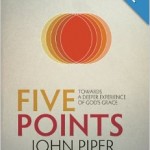 Five Points: Towards a Deeper Experience of God’s Grace by John Piper. I loved this little (just over 80 pages) volume. Piper walks through the five points of Calvinism with pronounced pastoral care and warmth. He gives appropriate attention to what Scripture says about each point and is not immune to the common objections. If you wanted to walk through the doctrines of grace with a new believer or wanted to recommend an accessible treatment for skeptical Arminians, this would be the place to start. I particularly appreciated his discussion on how perseverance in the Christian life is a community project. Kudos to Piper for also including a final chapter that surveys how the doctrines of grace impacted men like Augustine, Edwards, Whitefield, Mueller, and Spurgeon.
Five Points: Towards a Deeper Experience of God’s Grace by John Piper. I loved this little (just over 80 pages) volume. Piper walks through the five points of Calvinism with pronounced pastoral care and warmth. He gives appropriate attention to what Scripture says about each point and is not immune to the common objections. If you wanted to walk through the doctrines of grace with a new believer or wanted to recommend an accessible treatment for skeptical Arminians, this would be the place to start. I particularly appreciated his discussion on how perseverance in the Christian life is a community project. Kudos to Piper for also including a final chapter that surveys how the doctrines of grace impacted men like Augustine, Edwards, Whitefield, Mueller, and Spurgeon.
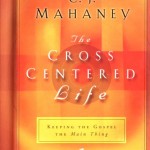 The Cross-Centered Life: Keeping the Gospel the Main Thing by CJ Mahaney. I last read this book in December of 2010 and loved it. Three years later I find myself even more appreciative of Mahaney’s pastoral sensitivity. He steers clear of the redundancy and reductionism that can mark contemporary gospel-centered parlance. On a side note, should this book have been published any time after 2008 (it was originally published in 2002) I bet it would be titled The Gospel Centered Life. Mahaney would have been wise to have some reflection on Christ’s resurrection and ascension, yet the focus on Calvary is warranted and it comes with great warmth. The gospel clearly affects CJ Mahaney and its inflaming power permeates everything in this little book. Although you can read it in less than an hour, its influence on your life will likely be measured by months and years.
The Cross-Centered Life: Keeping the Gospel the Main Thing by CJ Mahaney. I last read this book in December of 2010 and loved it. Three years later I find myself even more appreciative of Mahaney’s pastoral sensitivity. He steers clear of the redundancy and reductionism that can mark contemporary gospel-centered parlance. On a side note, should this book have been published any time after 2008 (it was originally published in 2002) I bet it would be titled The Gospel Centered Life. Mahaney would have been wise to have some reflection on Christ’s resurrection and ascension, yet the focus on Calvary is warranted and it comes with great warmth. The gospel clearly affects CJ Mahaney and its inflaming power permeates everything in this little book. Although you can read it in less than an hour, its influence on your life will likely be measured by months and years.
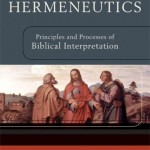 Hermeneutics: Principles and Processes of Biblical Interpretation by Henry Virkler. Virkler’s work is one of the more definitive hermeneutical handbooks of the last twenty-five years. The bulk of the book is spent walking through the following four areas of analysis: 1) historical-cultural and contextual analysis, 2) lexical-syntactical analysis, 3) special literary analysis, and 4) transcultural application analysis. Hermeneutics would be a good introduction for prospective or current seminary students. If you want a hermeneutics book to recommend to lay teachers or church members I’d suggest this one.
Hermeneutics: Principles and Processes of Biblical Interpretation by Henry Virkler. Virkler’s work is one of the more definitive hermeneutical handbooks of the last twenty-five years. The bulk of the book is spent walking through the following four areas of analysis: 1) historical-cultural and contextual analysis, 2) lexical-syntactical analysis, 3) special literary analysis, and 4) transcultural application analysis. Hermeneutics would be a good introduction for prospective or current seminary students. If you want a hermeneutics book to recommend to lay teachers or church members I’d suggest this one.
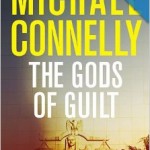 The Gods of Guilt by Michael Connelly. This is latest volume in Connelly’s bestselling Lincoln Lawyer series. The series left off with Haller planning to run for District Attorney of LA County and I was eager to find out what came of the race. Evidently the Lincoln Lawyer is not D.A. material. The Gods of Guilt finds Haller in his familiar role of defense attorney, having somewhat stupendously flamed out of the D.A. race. Although this entry doesn’t have the twist ending that has marked recent books in the series, it is still a “grippingly” fun read. Connelly has long been a master crime writer, but the LL series is proving him to be also be a master of courtroom banter and strategy.
The Gods of Guilt by Michael Connelly. This is latest volume in Connelly’s bestselling Lincoln Lawyer series. The series left off with Haller planning to run for District Attorney of LA County and I was eager to find out what came of the race. Evidently the Lincoln Lawyer is not D.A. material. The Gods of Guilt finds Haller in his familiar role of defense attorney, having somewhat stupendously flamed out of the D.A. race. Although this entry doesn’t have the twist ending that has marked recent books in the series, it is still a “grippingly” fun read. Connelly has long been a master crime writer, but the LL series is proving him to be also be a master of courtroom banter and strategy.


